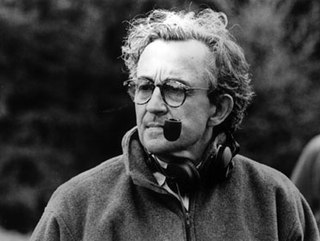A Quote by Craig Ferguson
This story is true. Of course, there are many lies therein and most of it did not happen, but it's all true. In that sense it is deeply religious, perhaps even biblical.
Related Quotes
I sometimes say that I don't make anything up - obviously that's not true. But I am uninterested in writers who say that everything comes out of the imagination. I would rather be in a room with someone who is telling the story of his life, which may be exaggerated and even have lies in it, but I want to hear the true story, essentially.
Lore is my favorite kind of story. Because it's not only historical, it's a lie everyone knows is a lie but tells anyway. I love that. Of course every story I tell is true. Completely true. Completely and utterly at least five-eighths of the way to being true, which is truer than any piece of lore and truer than most truths you'll hear.
Two things have been bothering me for a long time. The first is the tendency of people in general - and that includes Christians - to "relativize" religion. Any religious belief is only "true for," so to speak - true for you or true for me or true for those people on the other side of the world. Second, I've been bothered by how poorly believers understand their own Story. They have bits and pieces, of course, but they're missing enough that they can easily become prey to ideas that sound spiritual, but end up being foolishness in the end.
The most beautiful emotion we can experience is the mystical. It is the power of all true art and science. He to whom this emotion is a stranger, who can no longer wonder and stand rapt in awe, is as good as dead. To know that what is impenetrable to us really exists, manifesting itself as the highest wisdom and the most radiant beauty, which our dull faculties can comprehend only in their most primitive forms - this knowledge, this feeling, is at the center of true religiousness. In this sense, and in this sense only, I belong to the rank of devoutly religious men.
What makes art Christian art? Is it simply Christian artists painting biblical subjects like Jeremiah? Or, by attaching a halo, does that suddenly make something Christian art? Must the artist’s subject be religious to be Christian? I don’t think so. There is a certain sense in which art is its own justification. If art is good art, if it is true art, if it is beautiful art, then it is bearing witness to the Author of the good, the true, and the beautiful
You can tell a true war story by the questions you ask. Somebody tells a story, let's say, and afterward you ask, 'Is it true?' and if the answer matters, you've got your answer . . . Absolute occurrence is irrelevant. A thing may happen and be a total lie; another thing may not happen and be truer than the truth.

































